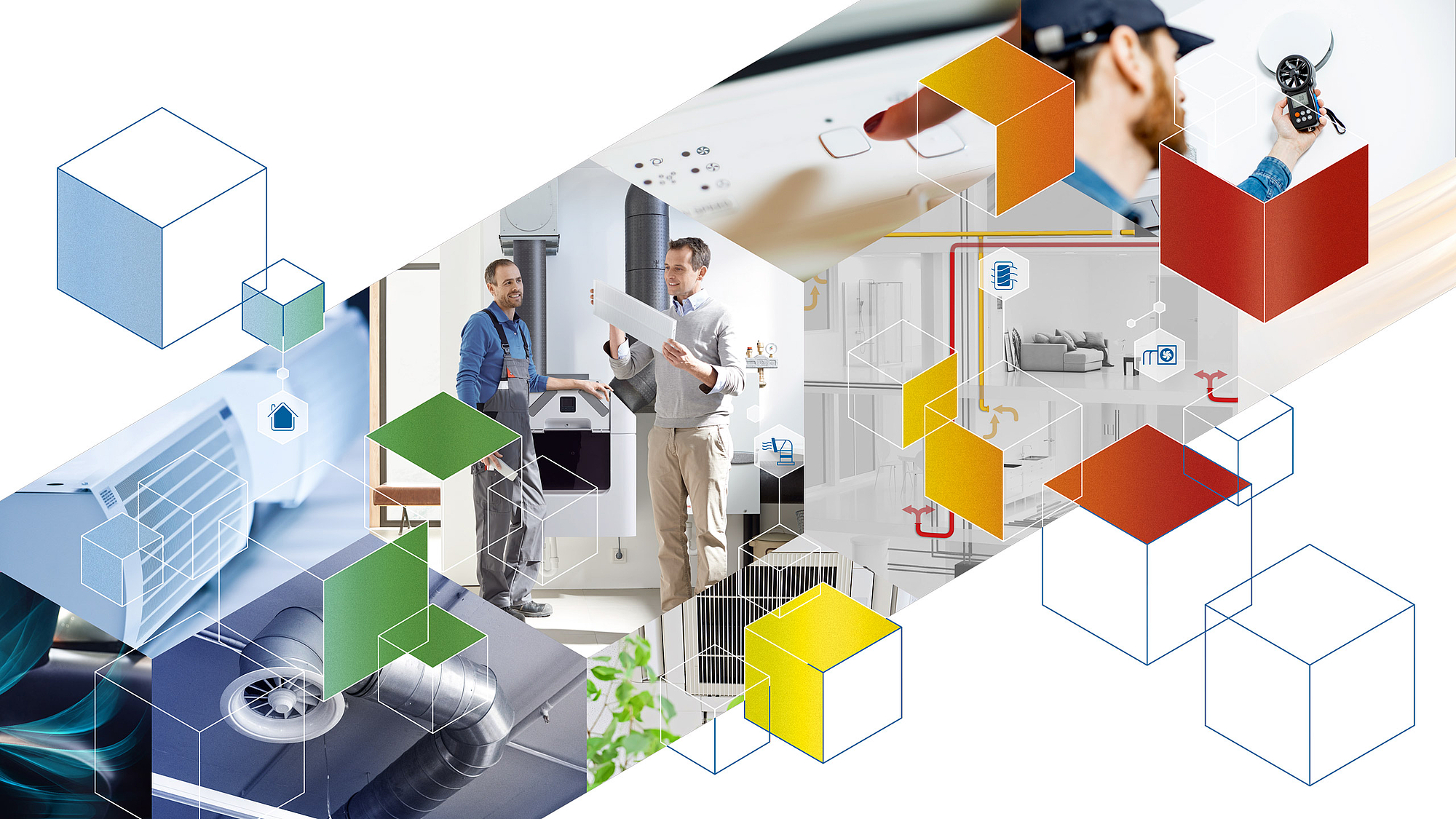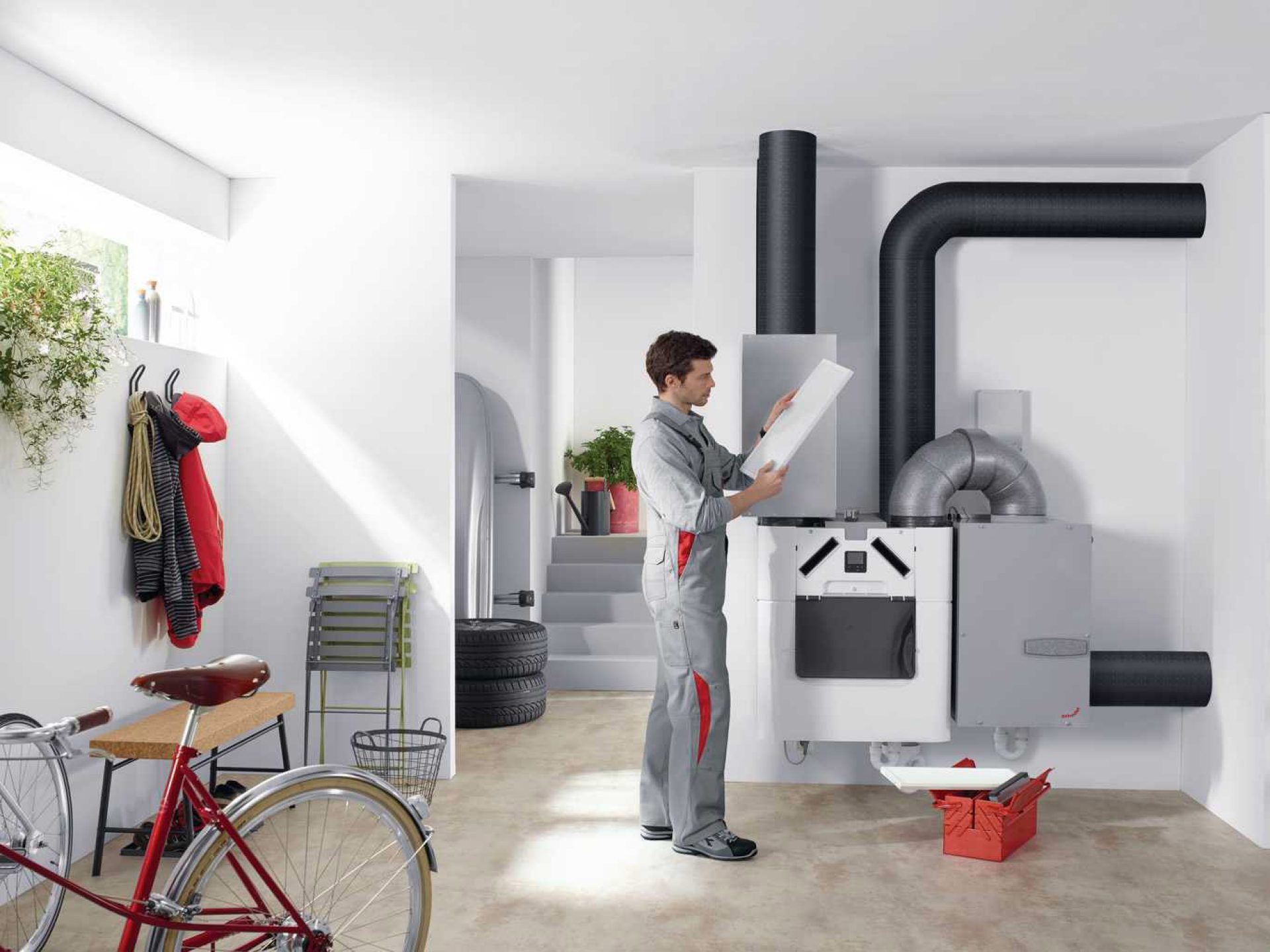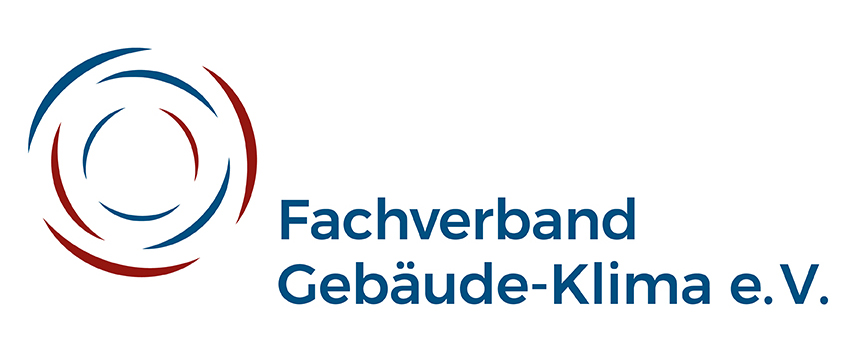Good and hygienic air is crucial for our well-being indoors. Ventilation systems with heat recovery ensure the air quality and thus the well-being of residents. They also ensure the required minimum air exchange as specified under the GEG (Building Energy Act) and reduce the energy demand for heating.
Residential ventilation systems offer a number of advantages:
- Ventilation systems with heat recovery prevent thermal losses and help to save heating energy by means of heat recovery.
- They provide fresh outdoor air to the rooms, ensuring controlled air exchange.
- Pollutants in the indoor air are discharged outside.
- With a controlled residential ventilation, the windows need not be opened. This provides additional protection against noise and burglary.
- The building is also protected against structural damage. Accumulated moisture in the air, e.g., caused by showering, cooking or drying clothes, is reliably dissipated to the outside. This prevents the breeding ground for ventilation-induced mould growth.
Maximum energy efficiency through heat recovery
Ventilation is necessary. However, normal ventilation with open windows is associated with high thermal loss because the inside air heated by the heating moves out and cold fresh air from outside moves into the building. Only automatically operating ventilation systems can guarantee optimum balance between the required outdoor air supply and minimal thermal loss. Modern systems are able to recover up to 90% of the heat present in the extract air.


